
Kennesaw State University, Public and Private Partners Leverage Social Entrepreneurship to Improve Communities
KENNESAW, Ga. | Jun 24, 2022
Members of the Atlanta business, government, and nonprofit communities met with Kennesaw State University faculty, students, and leadership this week to explore how partnering on new social entrepreneurship initiatives can help identify innovative solutions to societal challenges.
Representatives from several community-focused organizations attended the on-campus event, Social Innovation and Entrepreneurship at Kennesaw State University, on June 21. Participants included the Cobb County District Attorney’s Office, MUST Ministries, Goodwill of North Georgia, FDIC, GSIC, and others.
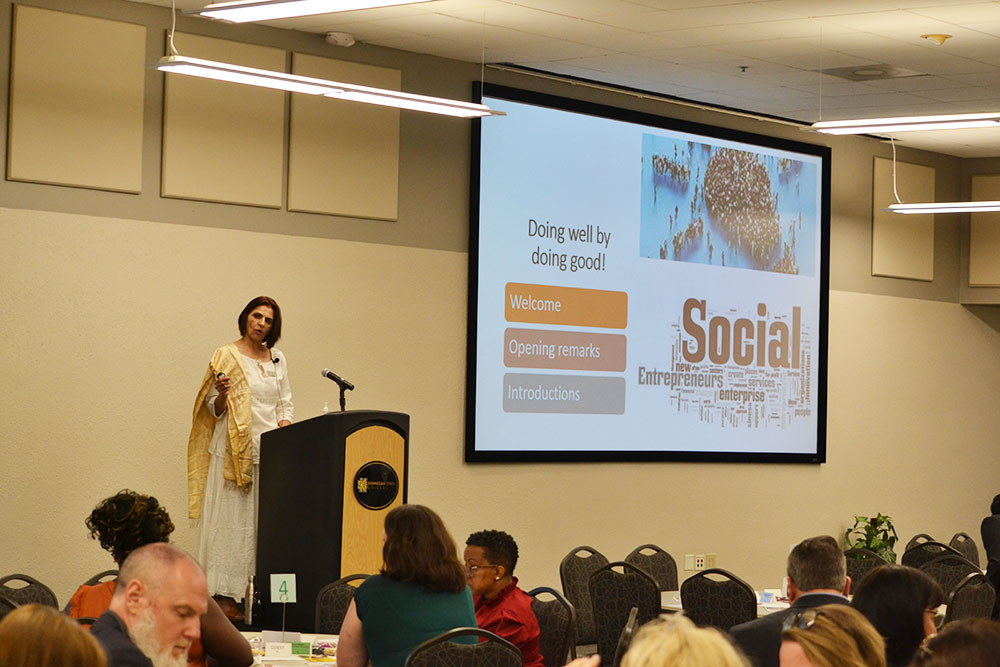
Attendees brainstormed ways to creatively collaborate with Kennesaw State’s labs, institutes, centers, and new entrepreneurship certificate programs to “do good and do well” for the community, said event organizer Monica Nandan, Director of Strategic Partnerships and Social Impact and Professor of Social Work for Wellstar College of Health and Human Services. They also discussed partnering with the University to create opportunities for students to gain professional experience while working to improve their communities.
Among the presenters was Scott Solana, executive director of YouthCentric, an Atlanta-area nonprofit dedicated to improving high school students’ mental health. Solana described how recently partnering with six Kennesaw State graduate students from across four colleges helped his organization design an upcoming community center with spaces for studying, artistic expression, relaxation, and nature appreciation.
“It was important to have this multidisciplinary approach,” Solana said. “To get the best innovative process, I believe you need as much diversity as possible in terms of backgrounds, experience, and thinking. And KSU offers those in droves.”
Organized by the Wellstar College, the Michael J. Coles College of Business, the Division of Global Affairs, and the Office of Economic Development and Community Engagement, this week’s event introduced attendees to the concept of social innovation and entrepreneurship, which combines creative decision-making with the skills needed to launch new businesses and projects with the goal of tackling social issues like hunger, the environment, education, economic inequality, and many others.
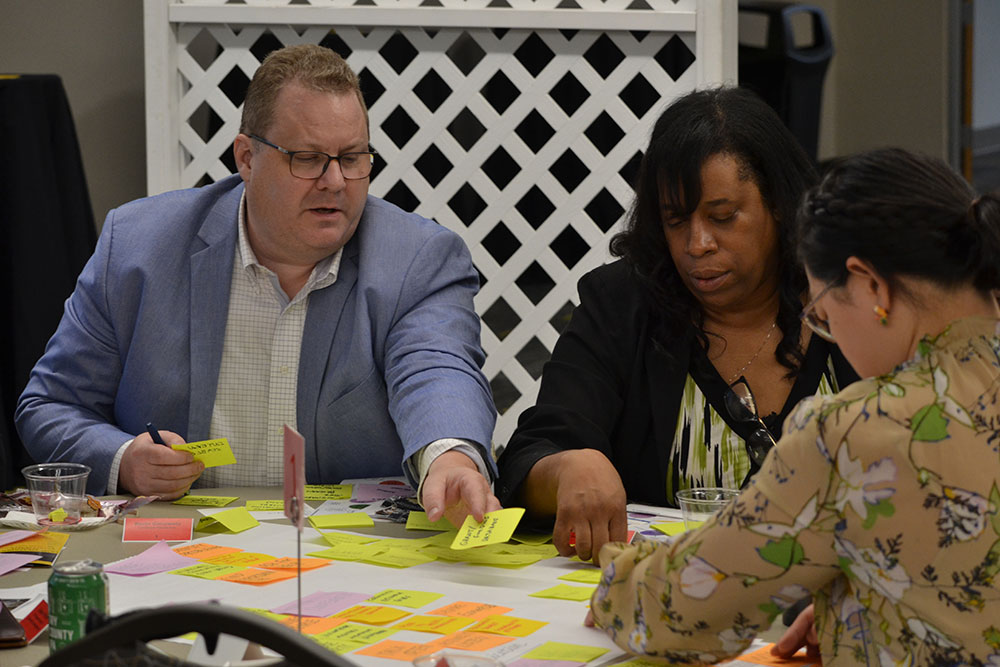
Guests also learned about the University’s new undergraduate and graduate certificates in entrepreneurship designed to teach students across disciplines to think like entrepreneurs. Launching in Fall 2022, the undergraduate entrepreneurship certificate features tracks in social entrepreneurship, business, sports management, health innovation, and music and entertainment business. The graduate certificate – the state’s first interdisciplinary graduate entrepreneurship certificate in social entrepreneurship – launches in Fall 2023 with 11 graduate programs participating.
“The beauty of social entrepreneurship is that it is a mindset,” said Nandan. “These are the students who will color outside the lines, explore new possibilities, and take risks. When they learn this mindset, whether they apply it to healthcare, transportation, housing, or any other issue, they are going to be able to see possibilities no one did before.”
A key element of social entrepreneurship is creating sustainable and innovative change while ensuring economic viability. Social entrepreneurs use their skills to identify solutions to real-world challenges that can generate their own funding.
“Social entrepreneurship makes nonprofits more adaptive, innovative, and able to execute,” said Steve Phelan, director of the Coles College’s Michael A. Leven School of Management, Entrepreneurship, and Hospitality, which is working with Wellstar College to launch the certificate programs.
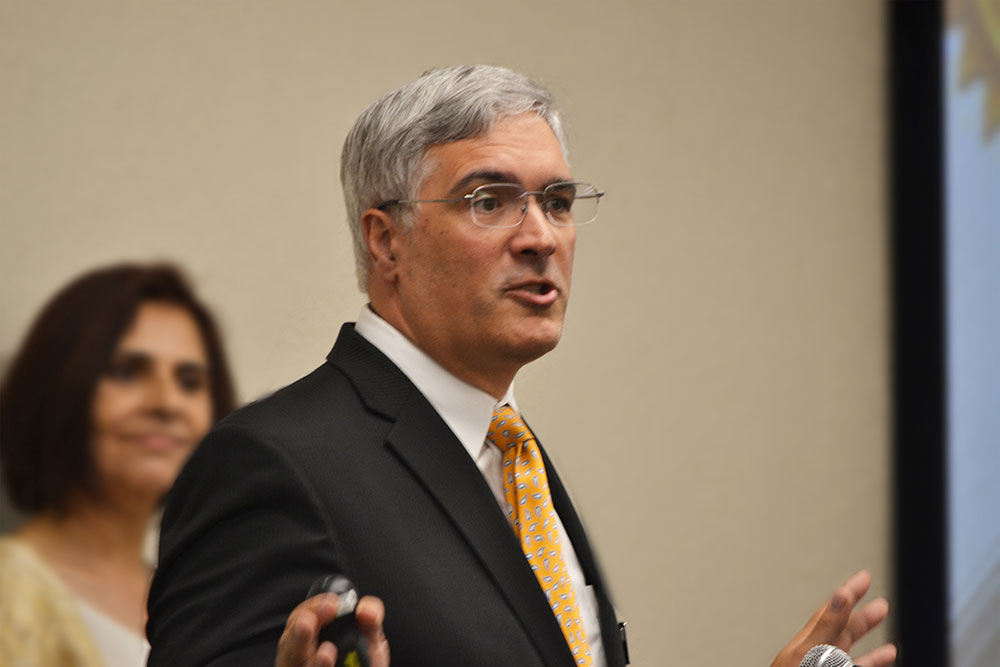
“The goal is for organizations to create innovative ways to solve social problems, such as diversifying revenue sources and creating novel partnerships,” he said.
Social Innovation and Entrepreneurship at Kennesaw State University concluded with participants suggesting ways to design creative collaboration between community partners and the University, including creating an online bulletin board to connect students with organizations conducting socially responsible projects and establishing internship opportunities with organizations developing affordable housing, just to name a few.
Nandan said that events like this are integral to the success of the undergraduate and graduate entrepreneurship certificates as they introduce external collaboration opportunities to the University.
“We want your experiences as part of our certification,” Nandan said to the organizations in attendance. “Why only give students a case study from a book when you have real challenges you are trying to solve and we have students who can help you find innovative solutions?”
-Patrick Harbin
Related Posts
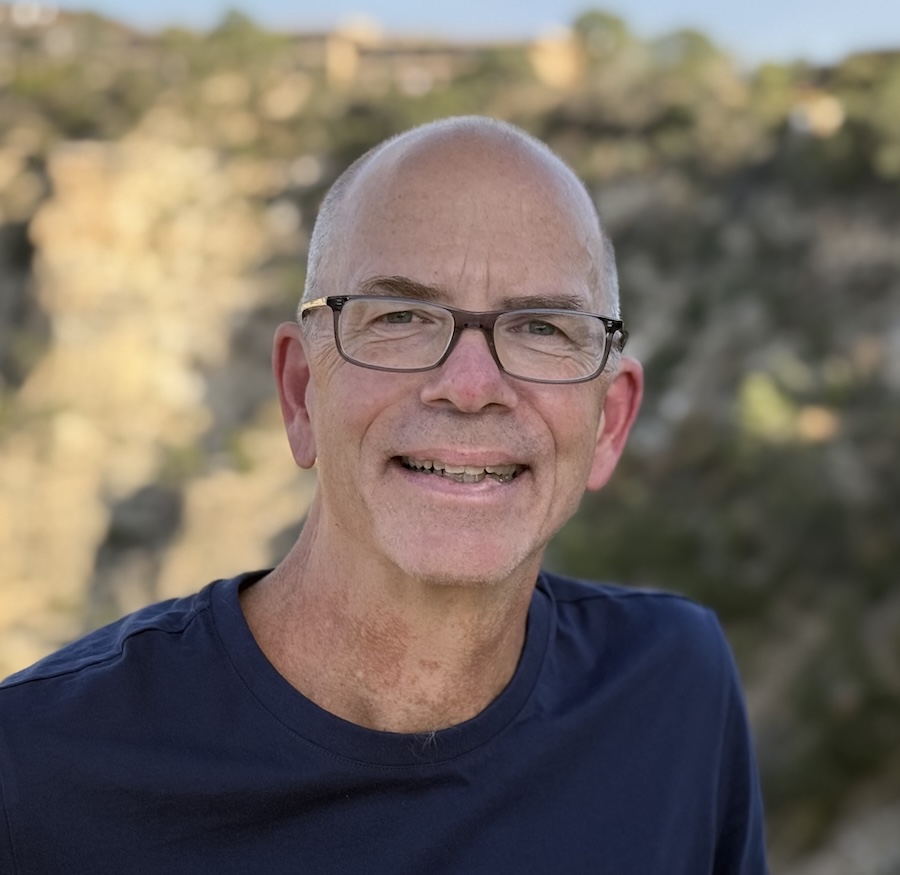
Kennesaw State professor honored by American Accounting Association as 2025 Presidential Scholar
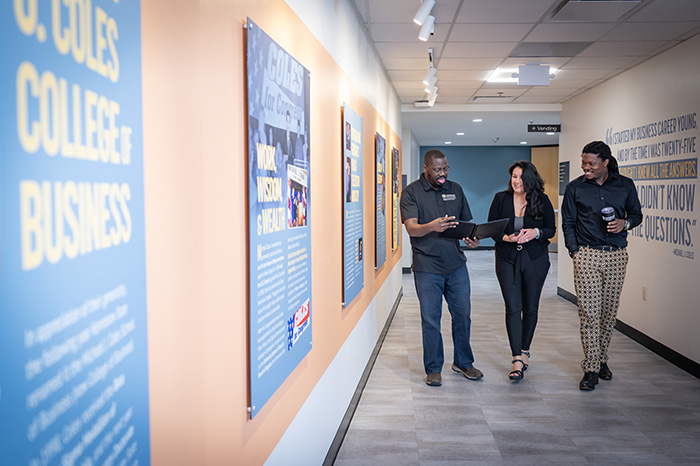
CEO Magazine Ranks Kennesaw State Executive MBA Top Program in Georgia, No. 10 in the World
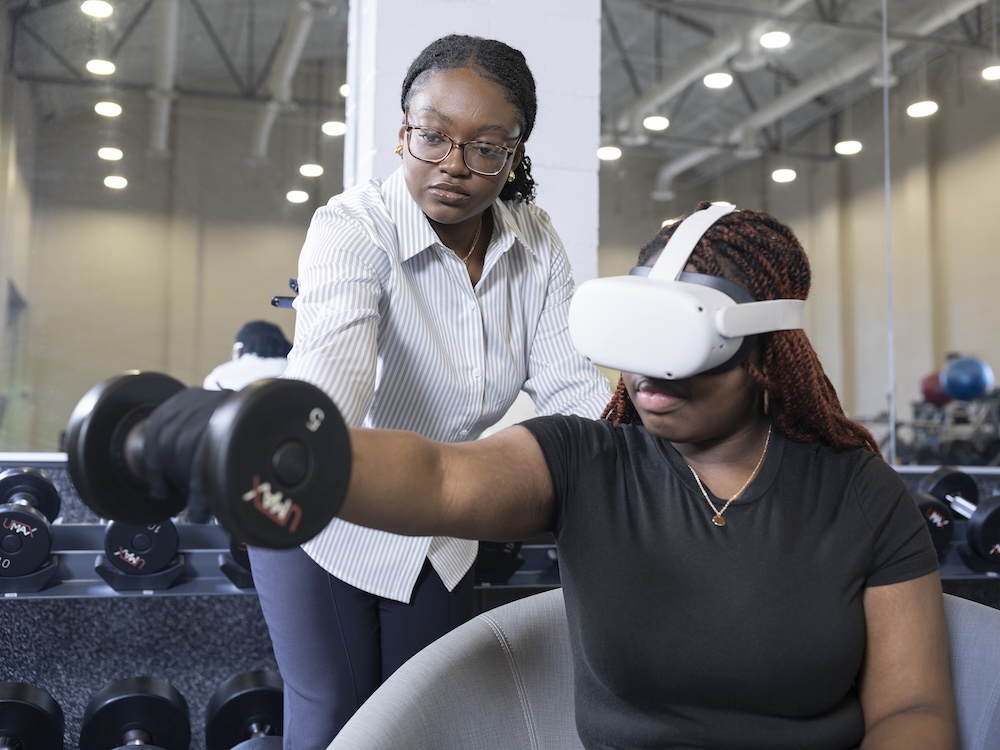
Kennesaw State business student finds research niche in virtual reality
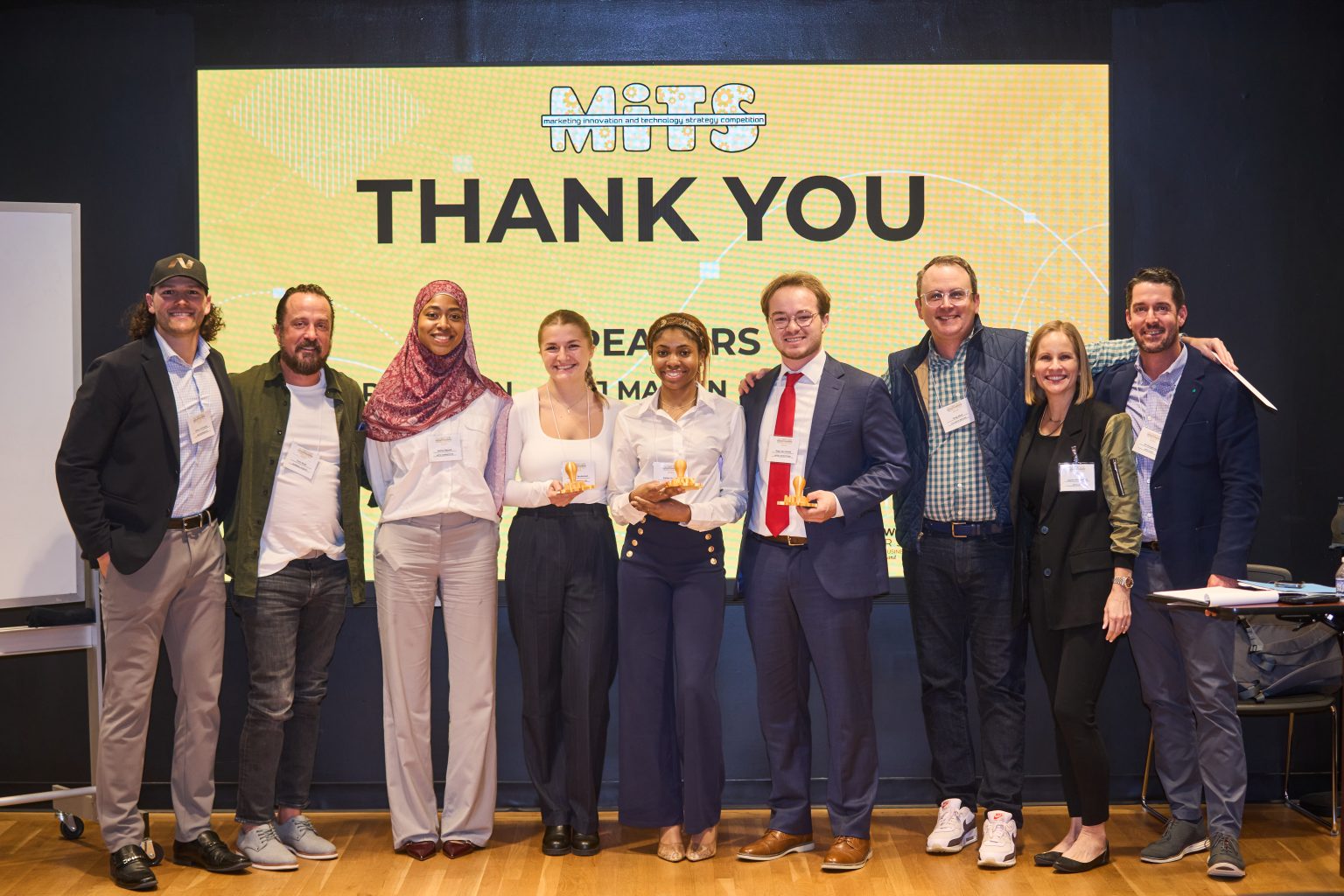
Third Annual MITS Event Showcases Creativity with Braves Collaboration
















